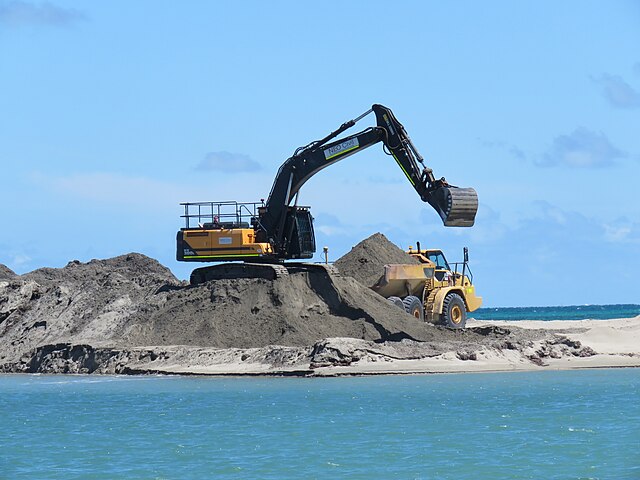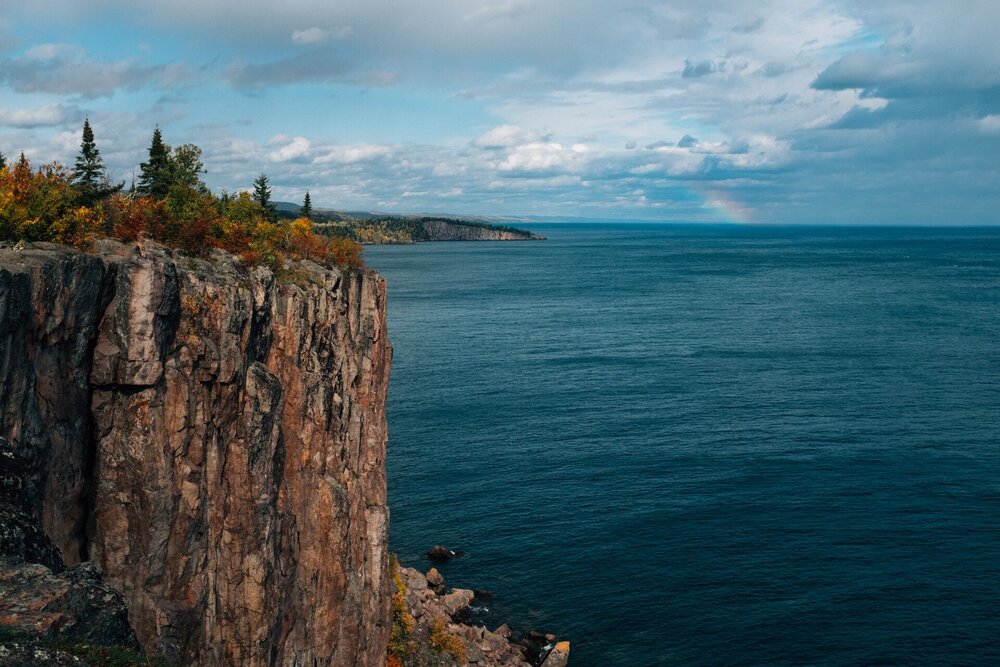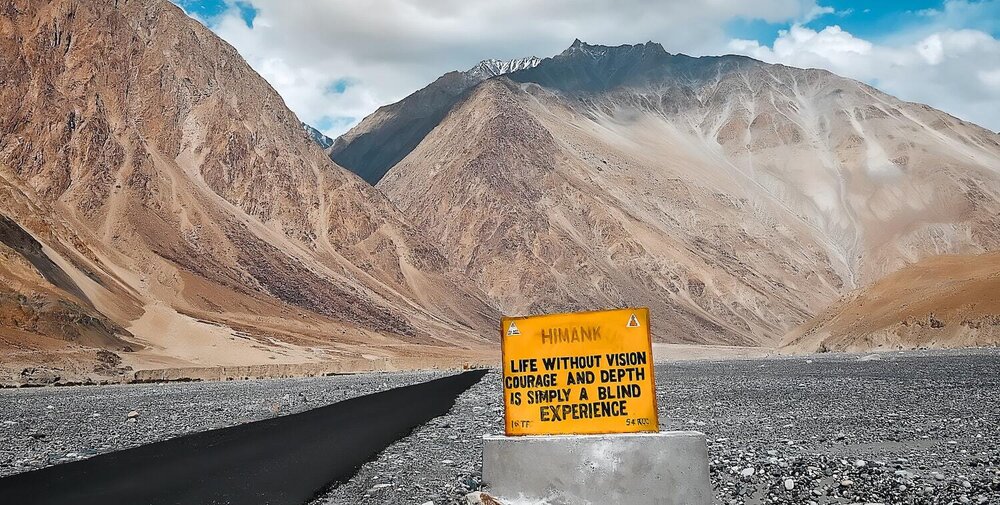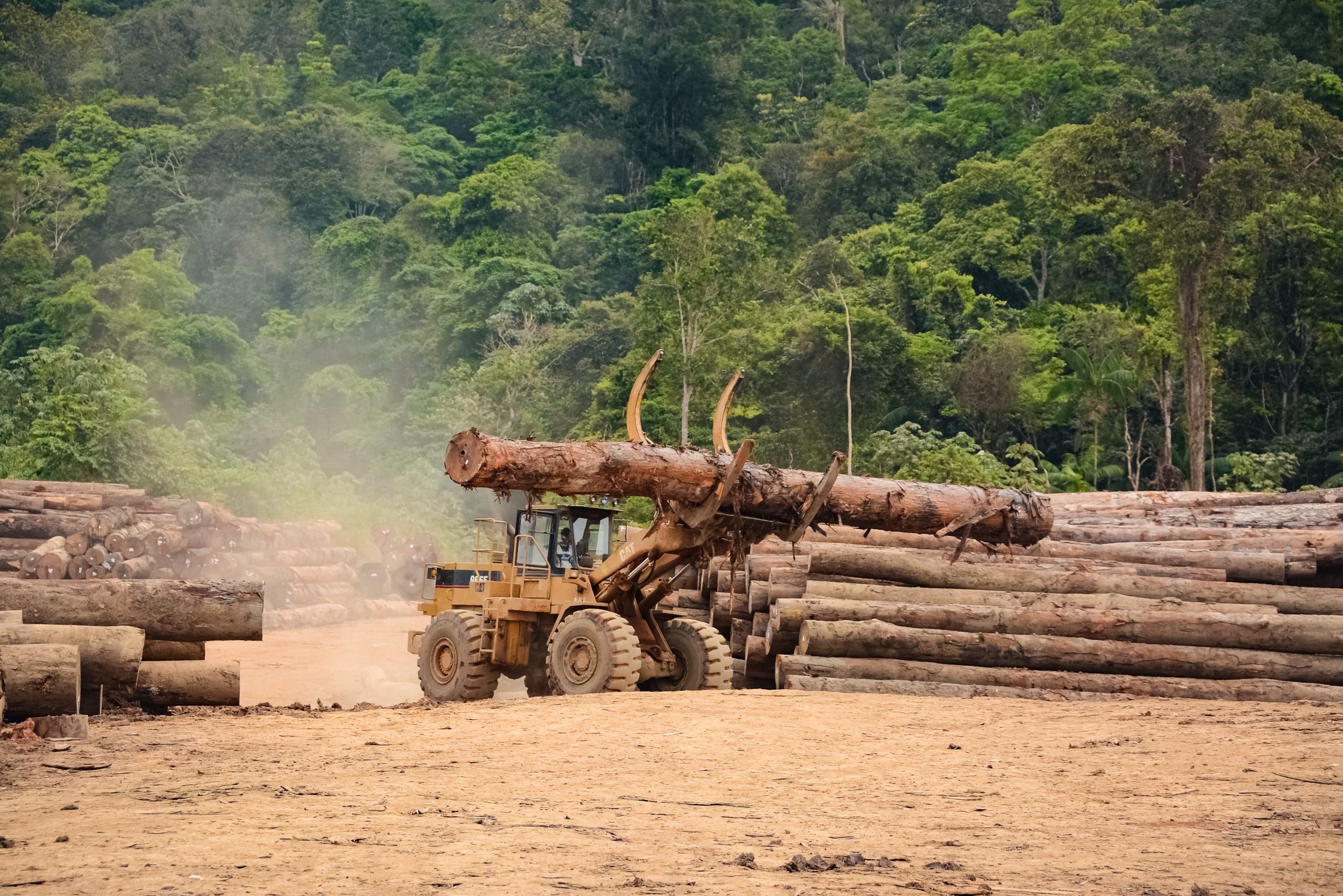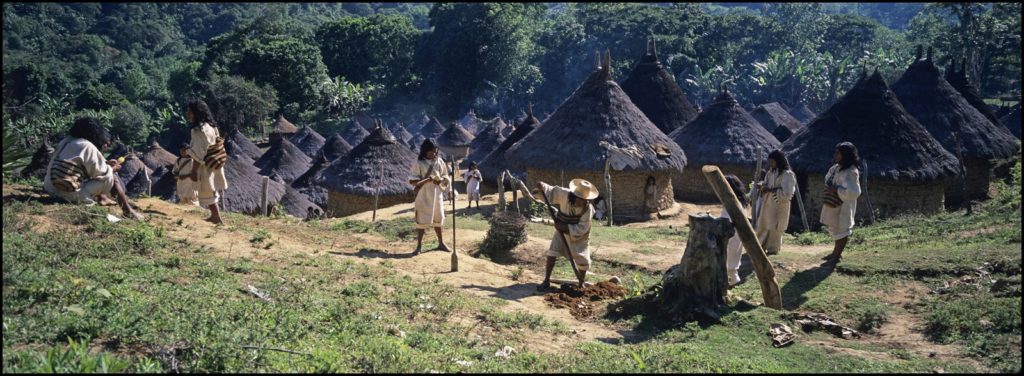This story was first published in Learning Earthways.
By George R Price.
[Part 1 of this essay can be found here.]
The points in time at which various ancient human societies began to go the wrong way (whether by force from outsiders, or by bad decisions made from within) are numerous and span thousands of years, but, thankfully for our future, some few remotely-situated Indigenous societies around the world never departed from those basic, ancient ways of seeing and living with the natural world and still have enough of their ancestral homelands not yet confiscated or destroyed by colonialist predators to make that continuance possible. The Kogi people of the northern Andes mountains in Colombia are a prime and now well-known example, [20] as are some of the more remote tribes to the south and east of them in the Amazon rainforest. Other relatively intact traditional indigenous societies exist in remote locations in central Africa, the Pacific islands, northern and southeastern Asia, and a few other remote locations in the Americas and elsewhere. [21] It is by learning from people such as these, and from all of our relations in the non-human world as well, that we might be able to find our way back to truly green, sustainable and regenerative ways of life. There are also many more Indigenous peoples throughout the world who have just a little or none of their ancestral homelands still accessible to them, retain only pieces of their traditional cultural values and practices, and have just a small number of tribal members who are still fluent in their ancestral languages. Colonialism, capitalism, cultural oppression, and intercultural relations have brought many changes to them, but, even so, for people whose encounter with wrong ways of living is more recent than most of the rest of humanity, the way back to truly green eco-harmony might be a little easier. [22] Unless a community consciously agrees to put the needs of their entire local ecosystem and all lives within it first, above what they conceive to be human needs, their community will someday fail and collapse.
...
